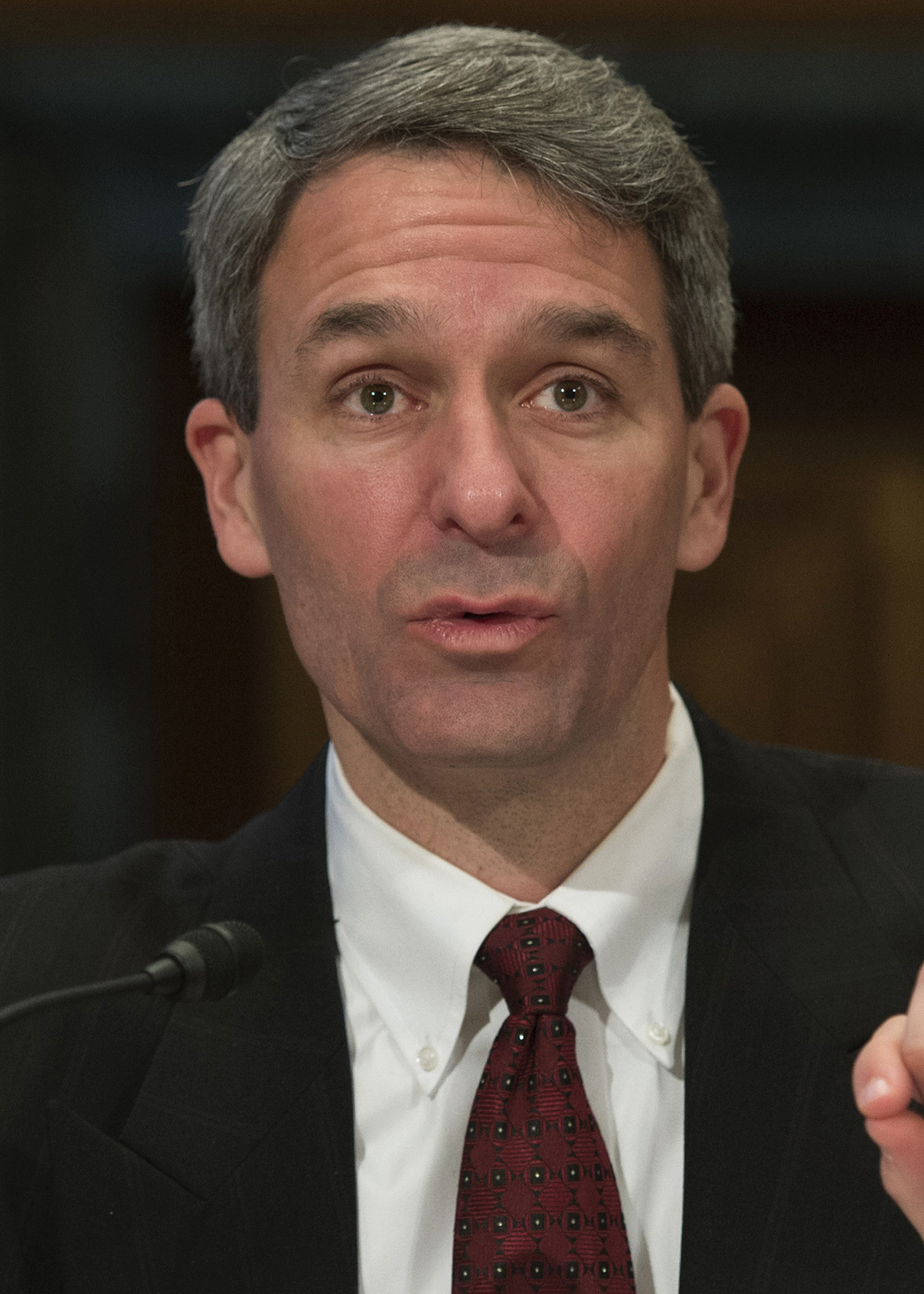Ken Cuccinelli, the new leader of the agency that processes asylum cases, is moving to curtail work permits for people whose asylum claims are pending.

Cuccinelli, installed just two weeks ago as acting director of the U.S. Citizenship and Immigration Services to the applause of immigration hawks, is also stepping up the process of weeding out “fraudulent” asylum applicants.
The vow to quickly adopt new regulations indicates an intent to break from former agency Director L. Francis Cissna, whom White House hardliners accused of doing little as Central American asylum cases surged this year.
Cuccinelli, the Republican former attorney general of Virginia, plans to open a new front in President Trump’s efforts to deter illegal border crossings after about two weeks on the job.
A spokeswoman for the agency, Jessica Collins, told the Washington Examiner that “under the leadership of Acting Director Cuccinelli, USCIS is working as expeditiously as possible to take action within its authority to address the crisis at the border.”
The agency “plans to propose regulatory amendments … to promote greater accountability in the application process for requesting employment authorization and to deter the fraudulent filing of asylum applications for the purpose of obtaining work authorization,” Collins said.
A recent purge of senior leaders at the Department of Homeland Security was designed to promote tougher regulations to reduce illegal border crossings and stem the rise in asylum applications. A senior Trump administration official told reporters in April “the biggest bottleneck by far is at USCIS, where there has been shockingly little affirmative regulation.”
Collins did not elaborate on specific regulations that will be proposed in the future.
But in late April, the agency reportedly drafted a regulation to extend the wait period for a asylum-seeker work permits from 180 to 365 days. Administration officials also discussed banning work permits for asylum seekers who illegally cross the border.
But the agency cannot create regulations on its own.
For example, USCIS recently indicated it would propose a rule to “streamline” credible fear screening determinations for migrants who cross into the U.S. The screening is a baseline interview after migrants have claimed a “credible fear of return.” But the agency must wait while the Department of Homeland Security’s Office of General Counsel is considering the change.
The Trump administration wants to reform “credible fear” standards because most people pass initial screenings but fail to meet asylum standards before federal judges. In fiscal 2018, 76% of people who claimed credible fear were allowed to begin asylum proceedings, according to agency data. Of that group, about 55% of cases were found illegitimate by judges.
Last year, USCIS received 106,041 new asylum requests, compared with 25,500 in 2008, reflecting a surge in Central Americans claiming fear of violence and corruption. The surge has created a legal backlog, delaying decisions.
The senior Trump administration official who briefed reporters in April said work permits for pending asylum seekers created a “giant magnet” for people wishing to live in the U.S. for economic reasons.
“USCIS still issues employment authorization documents when an individual merely applies for asylum, including those who enter illegally. What this does is that individuals get here, and they use social media to report back home that not only did the assertion of a credible fear claim get them released into the country, but now I actually have a work permit,” the official said.
The Trump administration in January began to return asylum seekers to Mexico to await adjudication of their cases there, though the effort to make Mexico a “safe third” country to absorb applicants has not been fully implemented.
